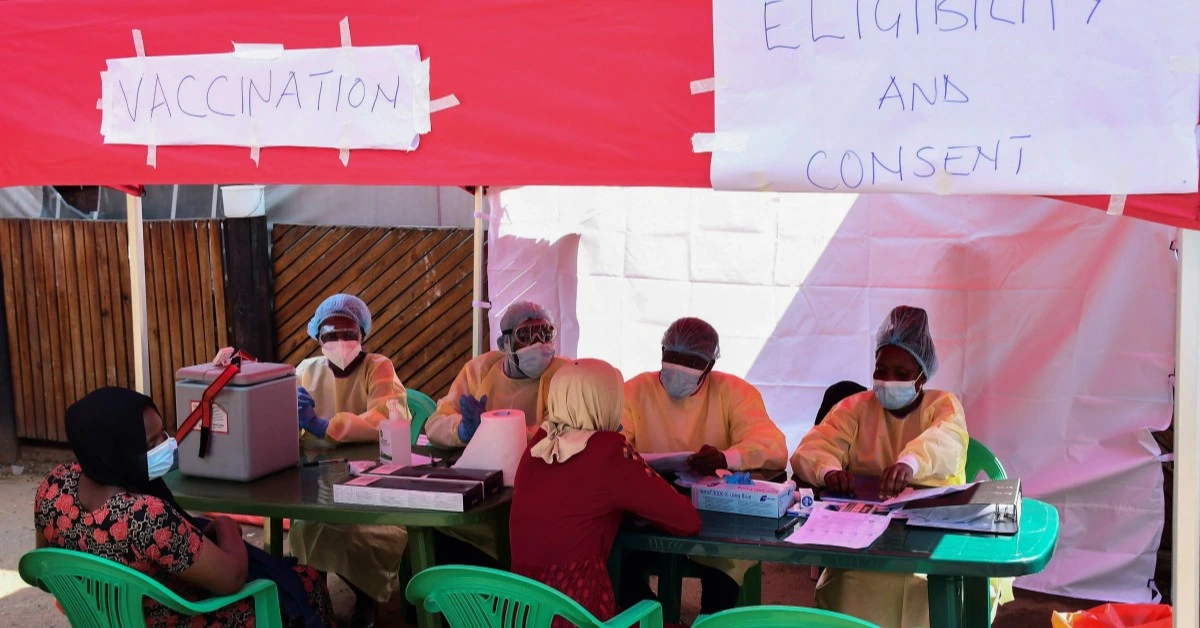
UGANDA – Uganda has officially declared the end of its most recent Ebola outbreak, nearly three months after the initial case was confirmed in the capital city, Kampala.
The outbreak, caused by the Sudan strain of the Ebola virus, resulted in 14 reported cases and four deaths.
The outbreak began on January 30, 2025, following the death of a male nurse who tested positive for the virus.
Subsequent cases were identified across several districts, including Wakiso, Mbale, Jinja, and Mukono.
The Ministry of Health, in collaboration with the World Health Organization (WHO) and other partners, implemented a swift response, establishing treatment centers, deploying rapid response teams, and enhancing surveillance and contact tracing efforts.
A total of 534 individuals who had contact with confirmed or probable cases were monitored during the outbreak.
The last confirmed patient was discharged on March 14, 2025, initiating a 42-day countdown, as per WHO guidelines, to declare the end of the outbreak. No new cases were reported during this period.
The Sudan strain of the Ebola virus, responsible for this outbreak, currently has no approved vaccine, posing significant challenges to containment efforts.
Despite this, Uganda’s experience in managing previous Ebola outbreaks contributed to an effective response.
The country’s health authorities, supported by international partners, managed to contain the outbreak within a relatively short period.
WHO mobilized 129 national and international staff to support various aspects of the response, including case investigation, laboratory diagnostics, infection prevention, and community engagement. Efforts were also made to address stigma and build trust within affected communities.
This was Uganda’s ninth Ebola outbreak since 2000 and the second in less than three years. The country’s proximity to the Democratic Republic of Congo, which has experienced multiple Ebola outbreaks, underscores the ongoing risk of cross-border transmission.
Health authorities continue to maintain surveillance and preparedness measures to promptly detect and respond to any future cases.
XRP HEALTHCARE L.L.C | License Number: 2312867.01 | Dubai | © Copyright 2025 | All Rights Reserved